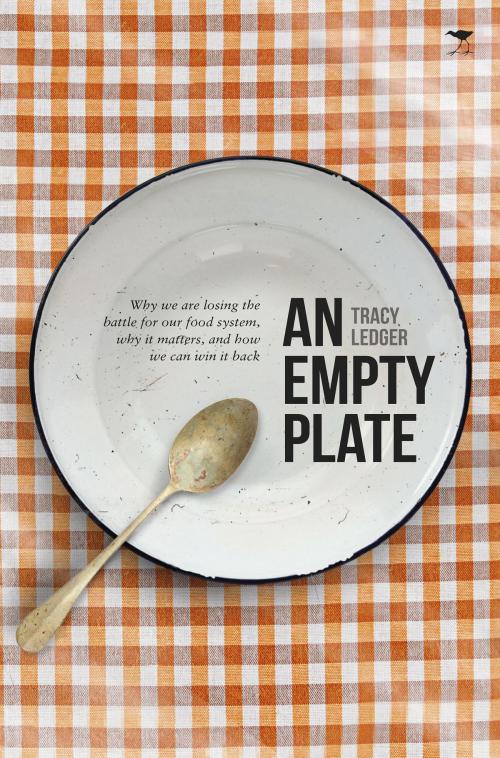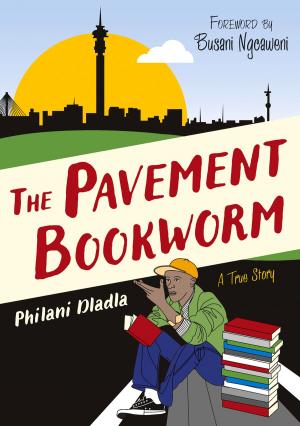Empty Plate
Why We Are Losing the Battle for Our Food System, Why It Matters, and How We Can Win It Back
Nonfiction, History, Africa, South Africa| Author: | Tracy Ledger | ISBN: | 9781431403455 |
| Publisher: | Jacana Media | Publication: | November 1, 2016 |
| Imprint: | Jacana Media | Language: | English |
| Author: | Tracy Ledger |
| ISBN: | 9781431403455 |
| Publisher: | Jacana Media |
| Publication: | November 1, 2016 |
| Imprint: | Jacana Media |
| Language: | English |
Why is it that food prices are so high that millions of South African families go hungry, while the prices paid to farmers for that same food are so low that many cannot stay in business? Why are the people who produce our food – farmworkers – among the most insecure of all? Why do high levels of rural poverty persist while corporate profits in the food sector keep rising? How did a country with a constitutional right to food become a place where 1 in 4 children is so malnourished that they are classified as stunted? An Empty Plate analyzes the state of the South African agri-food system. Tracy Ledger demonstrates how this system is perpetuating poverty, threatening land reform, entrenching inequality and tearing apart our social fabric. The book asks two crucial questions: how did we get to this point and how might we go about solving the problem. This is a story of money, of power, of unanticipated consequences, and of personal and social tragedy. But it is also a story of what is possible if we reimagine our society and build a new system on the foundation of solidarity and ethical food citizenship.
Why is it that food prices are so high that millions of South African families go hungry, while the prices paid to farmers for that same food are so low that many cannot stay in business? Why are the people who produce our food – farmworkers – among the most insecure of all? Why do high levels of rural poverty persist while corporate profits in the food sector keep rising? How did a country with a constitutional right to food become a place where 1 in 4 children is so malnourished that they are classified as stunted? An Empty Plate analyzes the state of the South African agri-food system. Tracy Ledger demonstrates how this system is perpetuating poverty, threatening land reform, entrenching inequality and tearing apart our social fabric. The book asks two crucial questions: how did we get to this point and how might we go about solving the problem. This is a story of money, of power, of unanticipated consequences, and of personal and social tragedy. But it is also a story of what is possible if we reimagine our society and build a new system on the foundation of solidarity and ethical food citizenship.















